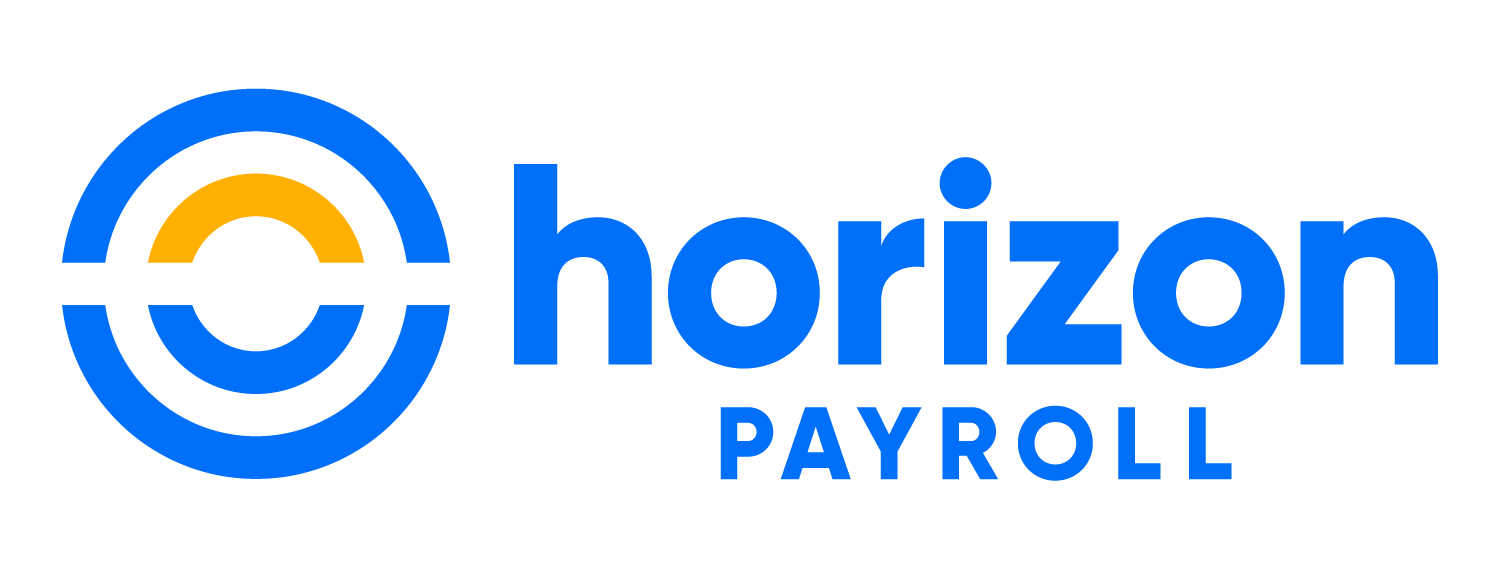8 min read
Horizon Stands Out in a World of Payroll Giants Like Paycor/Paychex
When it comes to payroll management, businesses are often faced with a tough decision: go with a big-name billion-dollar company like Paycor/Paychex...
Expert payroll management services with a personal touch.
View Solution Read Guide HR Support
HR SupportSimplify and personalize HR with a team of HR experts on-demand.
View Solution Read Guide Time & Attendance
Time & AttendanceWhy spend more unnecessary time and money managing your workforce?
View Solution Read Guide Hiring & Onboarding
Hiring & OnboardingTurn your candidates into employees with hiring & onboarding solutions.
View Solution Read GuideAdd On Solutions automate everyday tasks, prevent mistakes, and simplify business compliance.
View SolutionHelpful downloads and eBooks to empower your business.
Helpful tax and HR alerts to help keep your business compliant.
Payroll and tax-related forms and documents.
Horizon's blog provides valuable insight into payroll, compliance, human resources, and more.
See our client success stories for a case study on how we can help your business.
Payroll and HR strategy requires intelligent technology, personal attention and specialized expertise in the needs and nuances of your business.
We provide payroll and tax processing services for businesses from 1 to 1,000 employees or more. Today, we have nearly 1,000 customers in 40 states.
On January 8, 2025, Ohio Governor Mike DeWine signed the Pay Stub Protection Act (House Bill 106) into law, marking a significant advancement in workers' rights within the state. Effective April 8, 2025, this bipartisan legislation mandates that all Ohio employers provide detailed pay statements to their employees, promoting transparency and accountability in wage practices.
Prior to this legislation, Ohio was among the few states that did not mandate employers to provide pay stubs, leaving workers without a straightforward method to verify their earnings and deductions. The Pay Stub Protection Act addresses this gap, ensuring that employees have access to essential wage information, thereby enhancing transparency and trust in the employer-employee relationship.
The Pay Stub Protection Act, codified as Ohio Revised Code Section 4113.14, requires employers to provide each employee with a written or electronic pay statement on every regular payday. These statements must include the following information:
For hourly employees, additional details are required:
Employers have the flexibility to deliver these pay statements either in paper form or electronically.

The Act establishes a clear procedure for addressing violations:
The Pay Stub Protection Act brings Ohio in line with the majority of states that require employers to provide detailed pay statements. Employers should take proactive steps to ensure compliance:
For more information, employees can visit the Ohio Department of Commerce's Wage and Hour Division
Ohio’s new Pay Stub Protection Act is a big step forward for transparency, but it also means added responsibility for employers. If you're unsure whether your current payroll process meets the new requirements, or if you simply want to make sure you’re on the right track, our team can help.
We stay up to date on the latest state and federal payroll regulations so you don’t have to. We’ll work with you to review your payroll system, update your pay stub formats, and ensure you're meeting all compliance deadlines without the guesswork.
Have questions or need support?
Send us a message or give us a call.
This content does not constitute legal advice and does not address federal, state or local law.

8 min read
When it comes to payroll management, businesses are often faced with a tough decision: go with a big-name billion-dollar company like Paycor/Paychex...

6 min read
Payroll might seem straightforward, but anyone who's handled it knows the reality: it’s a minefield. One misstep can cost you time, money, and even...

6 min read
Running a business means wearing a dozen hats—sometimes all at once. Between managing employees, keeping customers happy, and tracking finances,...